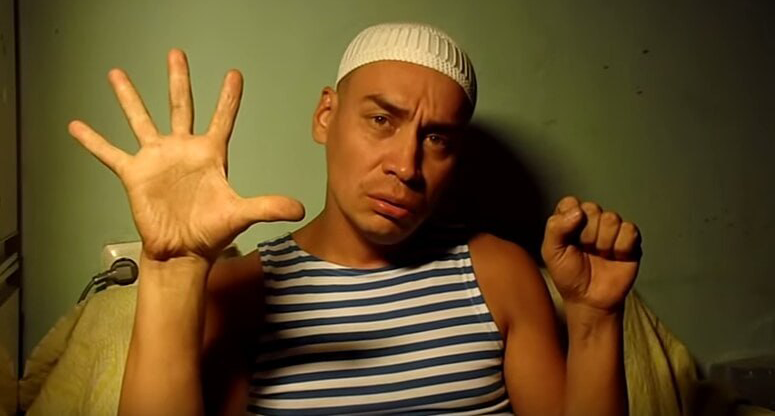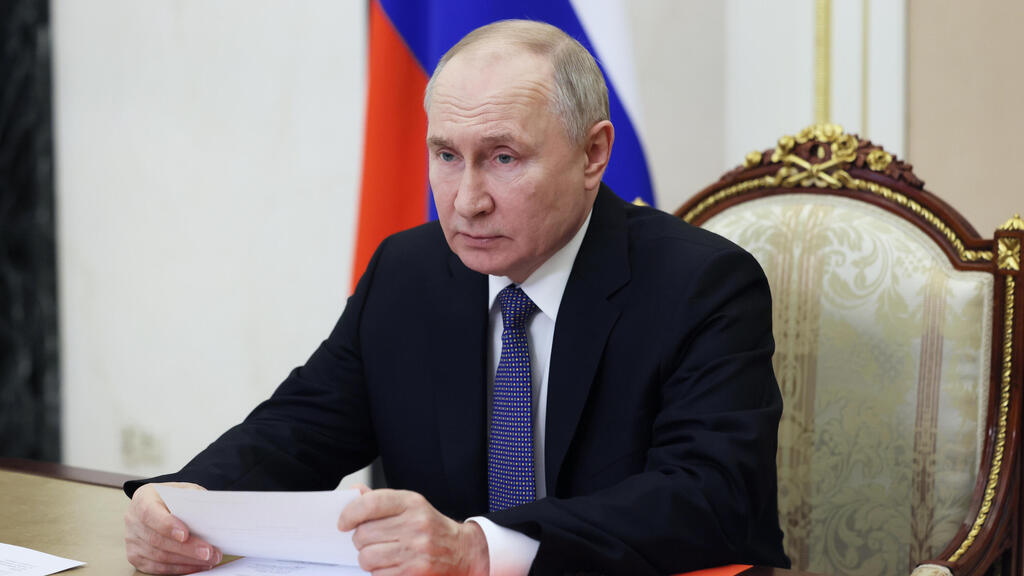Timur Bulatov, a Russian activist who has boasted about denouncing LGBT people and Kremlin critics to the authorities, is now in the line of fire himself, charged with discrediting the Russian armed forces.
A notice posted to Moscow's court website showed Bulatov, an outspoken supporter of Russia's "special military operation" in Ukraine, was charged under a censorship law that has been used to punish critics of the war.
He told the Ostorozhno Novosti Telegram channel that he did not understand the origin of the charge, which can incur a fine of up to 50,000 roubles ($545) for a first offense. Repeat offenders risk jail terms.
"Where is the discrediting?" he said. "I am a person whose petitions (have led to) the imprisonment of about eight people in St Petersburg, and throughout Russia more than 20."
The official notice showed Bulatov's case was registered on Tuesday, but gave no further details.
Bulatov has openly discussed his activity as a serial informer whose denunciations have led to a slew of civil and criminal cases being filed against individuals over the years.
Referred to as the "gay fighter" in some Russian media, Bulatov has long focused his denunciations on LGBT people. By his own account, at least 60 LGBT schoolteachers have lost their jobs after he found their social media profiles and reported them to authorities.
Homosexuality is not criminalized in Russia but authorities have used laws against "gay propaganda" for over a decade to pursue civil and criminal cases against LGBT people.
Bulatov's campaigns extend beyond LGBT people. Separate cases were opened against two individuals who posted photographs online of themselves standing partially unclothed in front of Russian Orthodox churches after Bulatov reported them to authorities, Ostorozhno Novosti said.
More recently, Russian independent media have linked Bulatov to denunciations of those seen as opposing the war in Ukraine.
The St Petersburg branch head of the PEN International writers' association was fined under the "discrediting" article after Bulatov wrote online that she had been "spreading lies" about the Russian army.



